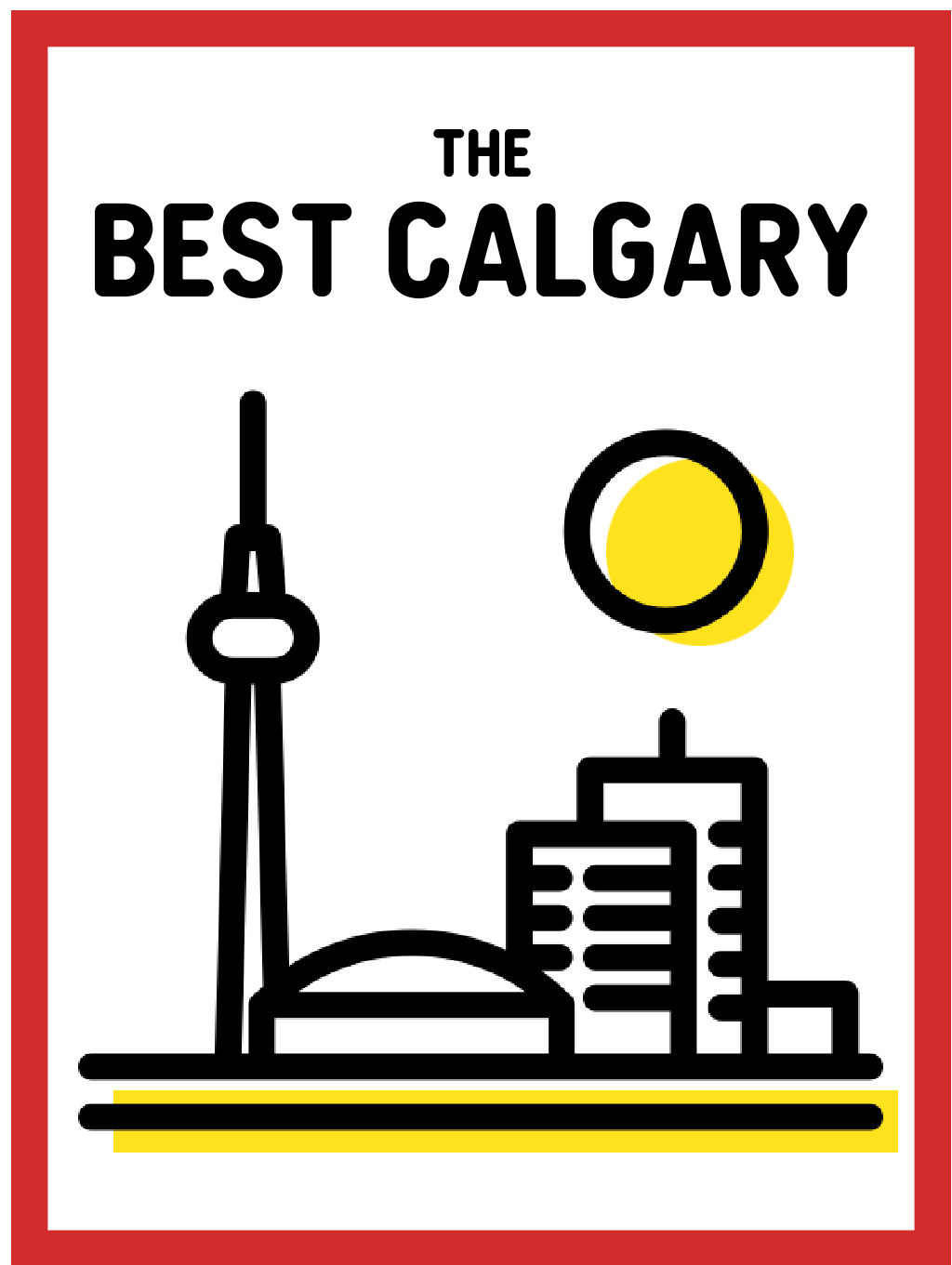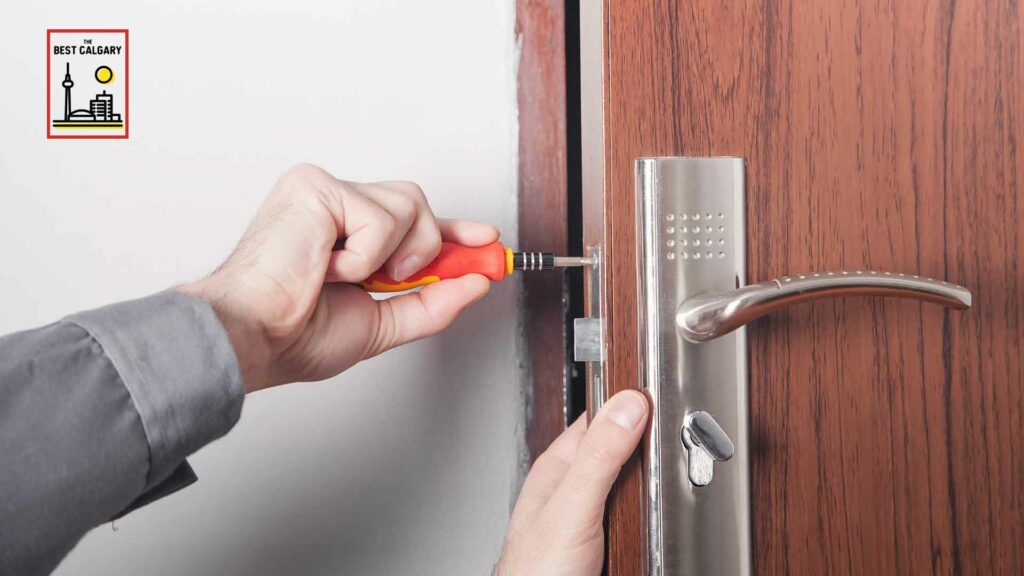Given that it’s the third biggest city in Canada, it’s no wonder that the city also offers so much opportunity for aspiring entrepreneurs. But starting fresh can also be pretty daunting.
Lucky for you, because we’ve gone ahead and written a simple guide on how to start a small business in Calgary. Let’s start your journey to finally becoming your very own boss!
Table of Contents
1. Write a business plan

When starting a business, whether small or big, you need a business plan. This plan should contain all the important details in building your business’s foundation.
Here are the common contents of business plans to give you an idea of how to prepare one:
- Products and services to be offered
- Target consumers
- Pricing
- Production, manufacturing, and logistics
- Potential patents
- Market analysis
- Competition research
- Strengths and weaknesses of products
- Advertising and marketing strategies
- Financial planning
- Current and future financial needs
- Balance sheets
- Projected and target income
- Expected costs
- Materials and sources
- Product or service development
- Labour
- Marketing
- Administrative costs
You can use these points as the main parts of your business plan, but you can also add more to better express your mission and vision.
If you want to make this step a little bit easier for you, you can contact Calgary business consultants to help you out. They’ll certainly help you see all possible perspectives and details you may miss out on your own.
Speaking of getting help, you can also try reaching out to advertising agencies for the market analysis part of your plan.
While the business plan won’t determine how successful or sustainable your business will be, it can certainly build a strong foundation. Besides, a polished business plan would be able to attract more investors than, say, a rushed one.
2. Find a location

In Calgary, there are four different types of locations a business can be. These are:
- Commercial or industrial location: where you’ll find a commercial or industrial building as your business’s permanent address.
- Home-based: where you’ll use your own home address as your official business address.
- Out-of-town: where you’ll be conducting business within the city but your location will be outside of city limits.
- Mobile: where you’ll only be conducting your business online or on an on-call basis. You’ll still need an actual business address for this one.
If your business only needs a common space where you and your employees can brainstorm ideas and provide services, then a mere office space may be what you need.
However, if most of your business dealings can be done online or on-call, you may want to consider finding coworking spaces instead. Some of these commercial spaces also allow you to use up their mailing address without actually needing their space.
Once you find a location, you’ll need to secure land use approval before you can even operate or open your business. You’ll have to file permits for this.
But don’t worry because The City of Calgary, particularly the Planning Services Centre, will be there to help you out. They’ll be inspecting your location before advising on which permits to apply for.
3. Decide on business structure and ownership

There are three types of ownership you can apply for your business: sole proprietorship, partnership, or corporation.
A. Sole proprietorship
In a sole proprietorship, you will be the sole person responsible for your business’s obligations and debts.
Like any other business, you’ll need to register your trade name in a Calgary registry. However, if you use your name without any added words like “services” or “spa” or whatever common name your business may be, you won’t need to register it.
The good thing about this structure is it allows complete control over your business and it’s also the simplest one.
Unfortunately, if your business’s finances go south, your creditors may have rights against your assets—business and personal assets alike.
B. Partnership
Partnerships mean that more than one person is held accountable for the obligations and debts of a business. In Calgary, there are three types of partnerships.
- General partnership
In this type of partnership, all business partners are responsible for the debts and obligations of the business. An action of a single partner will affect all partners.
All partners are also expected to work together to keep the business afloat.
- Limited partnership
On the other hand, a limited partnership includes general partners and limited partners.
General partners are liable for the operations and finances of the business while the limited partners are concerned only with the financial aspect of the business.
While limited partners don’t have control over management and other business proceedings, they may still be held liable for financial consequences. Limited partners are usually investors who provide capital.
- Limited liability partnership
Limited liability partnership is just as its name suggests. While partners all have the power to manage and conduct business, only the person directly responsible is held liable for any consequences.
This structure is incredibly helpful in protecting uninvolved partners. So, even if a partner is involved in legal issues surrounding negligence, misconduct, wrongdoing, and malpractice, other partners will be unaffected.
This type of partnership is common in industries with various fields of practise such as in law, medicine, and accounting. It can be applied to individual practitioners and corporations alike.
C. Corporation
If you want to make your business a wholly separate entity, then you should consider becoming a corporation. In a corporation, partners aren’t personally liable for the business’s debts and obligations.
You can be incorporated on a federal or provincial level.
- Private corporation
Private corporations can be formed by at least one person. The catch is that majority of the directors have to be Canadian residents.
- Public corporation
Unlike private corporations, public corporations can sell shares and securities to the public. Thus, this type of corporation needs to file a prospectus with the appropriate Securities Commission in Alberta.
- Federal corporation
A federal corporation is a business that’s incorporated federally under the Canadian Corporations Act. You can consider this, should you plan to expand to other provinces in the future.
4. Name your business

The next step is to settle for a trade name, a name that you’ll be presenting to the public. Your business’s trade name is also essential in securing business bank accounts and government accounts.
And, as per Alberta guidelines, you can’t include words like these if you aren’t a registered corporation
- Limited (Ltd.)
- Corporation (Corp.)
- Incorporated (Inc.)
If your business has the structure of a limited liability partnership, then you’ll need to include “LLP” in your business name.
Alberta guidelines even allow business name duplication. But, that can actually land you in court, depending on how the business whose name you’re duplicating reacts.
Other than that, you can name your business the way you want to.
Just make sure you’re satisfied with the name and that it captures the essence of your business. If you want a few tips, here are our suggestions:
- Add business keywords. You can make your trade name intuitive by adding keywords that describe the type of business you’ll be conducting.
- Be descriptive. Adding descriptive adjectives can also be a good strategy to promote the quality of service or products you’ll be providing.
- Find a unique and memorable name. You can use alternate spellings of common words related to your business. A unique name gives you the opportunity to secure a trademark once you become big enough in the future.
- Don’t overcomplicate it. While you want your business name to be unique, you shouldn’t make it too over-the-top. Your trade name should be something your customers can easily spell and pronounce.
- Choose a web-friendly name. Decide on a name that looks good on social media pages and as a website domain. You can ask web design experts to help you out with this.
- Avoid names that are close to that of your competitors. You won’t want your potential customers going to a different location because of confusion.
- Rethink location-specific names. You have all the freedom to include ‘Calgary’, or even your neighbourhood’s or street’s name on your business name. But this may be a complication if you have plans on expanding in the future.
- Pitch it to friends and relatives. While you may find your business name perfect, running it by to fresh ears can give you honest feedback.
Once you decide on your official business or trade name, you can then proceed to any of the registries in Calgary.
5. Registration, licensing, and permits

Once you’re done with steps 1-4, you can then proceed to the City of Calgary for help. The government will then help you determine which types of licenses and permits to get your small business started.
Not all businesses require business licensing in Calgary. Businesses that do need licensing, to ensure they’re following safety rules and other regulations, include:
- Contractors (builders, landscapers, general contractors, other specialty trades)
- Accommodations and lodging
- Adult entertainment
- Beauty and body services (massage spas, hair salons)
- Cannabis supply
- Child care services
- Cleaning services
- Consultancies
- Food and liquor (restaurants, mobile food carts, liquor stores)
- Logistics (warehousing, distribution)
- Manufacturing and production
- Repair services
- Retail and consumer goods
- Vehicle sales, rentals, and repairs
But even if you aren’t a part of the listed industries, you still need to register your business to get a business identification number (BID).
Now, let’s talk taxes.
Whether or not you’ll be collecting GST depends on the rules of the Canada Revenue Agency. If you’re required to collect GST, you’ll need a GST number by registering with the Canada Revenue Agency.
While there aren’t any business taxes required of Calgary small businesses since 2019, you may still encounter the business improvement area (BIA) tax. This tax is required only of businesses in designated BIA.
And don’t worry, because this tax is used for promotional activities and other projects helping businesses within your certain zone.
6. Outsource professional help

After you set up your business, it’s time to put your plans into reality! Whatever business you may take on, we wish you luck!
While your business is still small, you may be tempted to do everything on your own. You may want to do all the basic business stuff, from secretarial documentation to tax filing and everything finance.
But once you expand your business, balancing everything can be hard. Besides, wouldn’t you want to focus more on how you can make your business thrive as much as you want to?
So, if you want to outsource professional services to help you balance your business, then you should contact the best tax consultants and accountants in Calgary
Digital marketing companies can also help you make your business known to the Calgarian crowd. But if you’re a bit on a budget, you can go to the traditional marketing schemes with radio or TV ads, fliers, and business cards.
And once you set up your business, you may want to get business insurance to safeguard your growing investment.
We hope our article can give you most, if not everything, you need to finally build your small business or start-up corporation.
We certainly wish you all the best. And who knows, we may even be your potential customers for your small business!
If you want to make things a bit easier, you can contact Calgary business brokers to find you a business you can buy. While the transition can still be a challenge, at least you’ll be getting more hands-on advice from seasoned professionals.




